Whether you’re appearing at an author visit, bookstore event or festival, it makes good sense to consider your audience. If you’re a children’s author, your audience may be, in part, teachers, parents or other adults, for sure.
But remember, your #1 audience is kids.
So how do you connect with kids at school visits, signings or other events? How do you keep them engaged? Here’s what’s worked for me.
Pre-Engage Them with Pre-Visit Activities
As part of your initial correspondence for your visit or in your school visit packet, provide simple ideas for how students can prepare for your visit. Reading your books. Ordering your books. Making posters. Writing stories patterned after your books. Holding a contest. Dressing to the theme. The possibilities are endless. Activities like these prime kids for your visit with a personal connection.
Don’t Be a Diva
While kids may be thrilled to meet a “real live author,” make sure you behave like a real, live, NICE person. Greet them as they enter. Let them know you’re just as excited to meet them as they are to meet you. Be approachable and kind. Move through your audience if space allows and make eye contact. If the group is small enough and they’re sitting on the floor, consider sitting on the floor with them. The more eye contact and the closer you are to them, the more they’ll engage in the experience. Have fun but don’t be too silly. Avoid costumes or antics that prevent kids from relating to you as a real person. Talk to them – friend to friend. They’ll appreciate the respect.
Let Them Know You’ve Done Your Homework
Personalize your presentation to their situation. Use their school name, teacher names, students names as much as your audience and program permits. You may consider tailoring segments to coordinate with their classroom work (see Don’t Be the Teacher below).
Show Gratitude
As part of your presentation thank the adults who arranged the visit. Give them a hand and invite the students to do so as well. If students have created welcome posters or other decorations in advance of your visit, applaud them and thank them for their warm welcome. And don’t forget to always thank them at the end for being a terrific audience.
Start a Conversation
Kids have a lot to say. So, lead them into conversation with relatable questions. Build in the time to let them tell you their stories. And let them know you care by giving them the respect of your full attention. Acknowledge what they’re saying with follow-up comments or questions. Talk about what they like to read and write. And don’t be afraid of diversions. See my post “Bowling, Pigeons and Dead Pets.” Their story should warrant your full attention and be the most important thing to you in that moment. Just be prepared with some handy but gentle segues to get back on track if the conversation strays too long or too far.
Don’t Be the Teacher
But partner with the her. Get to know her norms and signals. Ask her to help you keep the program moving along by helping to transition kids through activities, calling on volunteers by name, or raising her special signs for quiet. Bring name tag stickers and ask teachers if they’ll nametag kids prior to your program, allowing you to easily call kids by name. Find out what the kids have been working on. Ask her to share cool trivia or tidbits about her class so that you can reference them in your program. The kids will be delighted that you’re interested in being a part of their culture and that your program is connected to their classroom.
Put Kids in the Limelight
Put kids front and center and let them be the stars of your show. Involve student helpers and have them pre-selected by their teachers. This is not a time for individual singling out, quizzing, embarrassing or testing. Regardless of how attentive or prepared a child may be, he may freeze or be embarrassed with the pressure of the situation. Even hand-raisers may freeze when they’re called on directly. Give them a few moments, then take a deep breath together. If they’re still unsure, promise you’ll get back to them and then make sure you do. In classroom settings have kids read you stories they’ve written and give them a 30-second “What I love most …” critique. They’ll be honored. Set them up for success in all situations.
Make Your Visit Interactive
Explore the many ways a child can relate to your book, to reading, to writing or to your life as an author – through movement, brainstorming, role-playing, games, etc. Think of your presentation as your roller coaster. Follow high-energy, noisy peak activities with quieter, settle-down activities, keeping them always fun and always engaging.
Keep Kids In the Moment
Adult digressions, breaks in the action, disciplining, technical difficulties all snap kids out of the magic. Plan for, or eliminate in advance, as many as possible. While technical difficulties may be unavoidable, have a back-up plan. Enlist a school staff person (the school tech specialist should be your best friend) or older student (your teacher partner might have a suggestion here) to handle such problems should they arise – allowing you to keep the valuable connection you’ve generated.
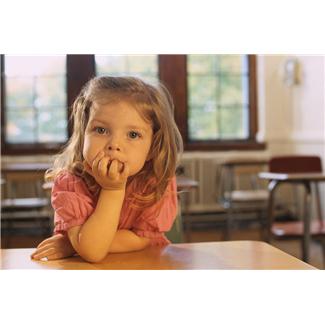
Make It More Personal
If you’re visiting a large audience, suggest meeting with a few pre-selected students at a Future Authors Luncheon (we’re talking PB&J in the library). Put student selection into the hands of teachers or staff. Suggest a pre-visit contest. It can be as simple as guess the number of jellybeans in the jar or a more writing related essay or story contest. Either way, be prepared to talk to kids about what they’re reading and writing. They’ll treasure the time to relate to you in a smaller setting.
Most of all ENJOY YOURSELF AND HAVE FUN! When kids see you smiling, laughing, dancing – they’ll join in. They’ll have a most memorable author experience – and so will you!
For more great tips for your school visits check out: http://schoolvisitexperts.com/
For more information on my author visits or to request my author visit packet see my Visits and Presentations Web Page.



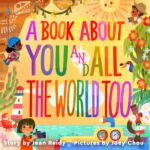
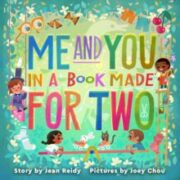
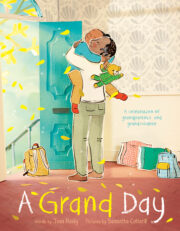
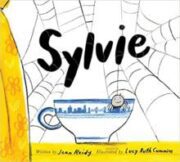
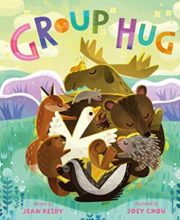
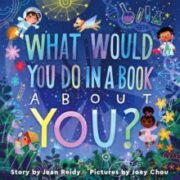
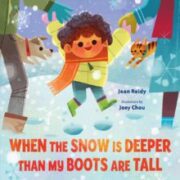
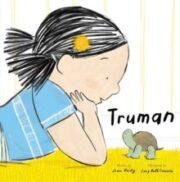
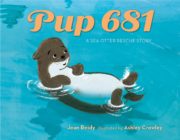
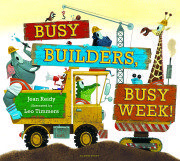
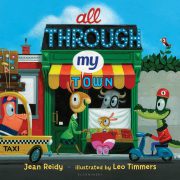
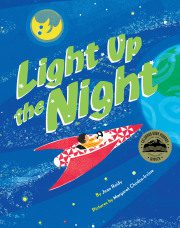
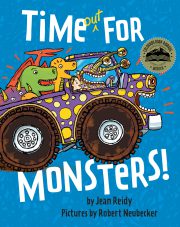
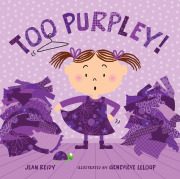
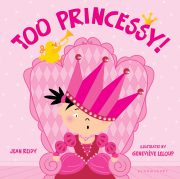
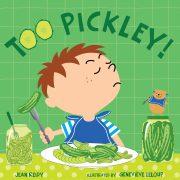
These are great suggestions, Jean–good for the novice as well as the experienced presenter. You always put on a fun show for your audience.
Thanks, Judith! I'm happy you found it helpful.
This is awesome, Jean! I'm bookmarking!
Thanks, Katy. If you have any tips to add, please do.
I've seen what a great job you do with kids, so I value your advice!
Jean,<br />I've seen what a great job you do presenting to kids, so I value the advice!
Thanks, Mary! And if you have any tips to add, please do so right here in the comments.
Hi Jean! These are all great tips.<br /><br /><br />Susanne<br /><a href="http://susannedrazic.blogspot.com/" rel="nofollow">PUTTING WORDS DOWN ON PAPER</a>
Great tips Jean! Will bookmark this for reference later.